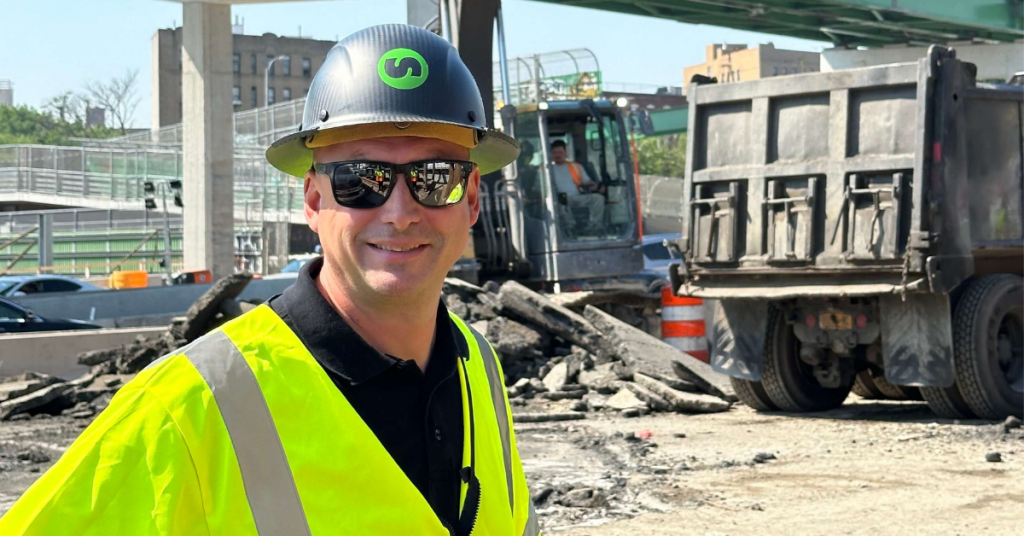
The Institute of Scrap Recycling Industries (ISRI) has joined with the U.S. Environmental Protection Agency (EPA), and other stakeholders, in the signing of a memorandum of understanding (MOU) to extend the National Vehicle Mercury Switch Recovery Program (NVMSRP) to 2021. The highly-effective program was designed to recover mercury switches in older model vehicles during the recycling process before the mercury can leak into the atmosphere. Such switches were mainly used to control automatic lights in vehicles.
"The renewal of the National Vehicle Mercury Switch Recovery Program is a victory for recyclers, the auto industry, and the environment," said Robin Wiener, president of the Institute of Scrap Recycling Industries. "The program allows for the safe and secure removal of mercury switches from vehicles. ISRI encourages all of its members who handle end-of-life vehicles to participate and benefit from this valuable program. We are proud to partner with the EPA and other signatories on this very important initiative."
In 2006, the U.S. EPA, ISRI, and a number of other stakeholder groups agreed to establish the NVMSRP, with the stated goal of removing mercury-containing light switches from scrap vehicles before the vehicles are flattened, shredded, and melted to make new steel. Since then, car dismantlers and scrap processors have recovered more than 6.8 million switches in the program, containing more than 7.6 tons of mercury according to the EPA. Although the program has gone through funding changes over the years, it continues to provide collection buckets and cover the costs of shipping and recycling for dismantlers and processors while providing indemnification for any environmental liability from the handling of the switches after shipment.
"ISRI members play a crucial role in participating in the NVMSRP and the safe removal of mercury switches," concluded Wiener. "As we celebrate America Recycles Day, it is just one of the many environmental benefits provided by our industry. I commend every recycler taking part in this program."



